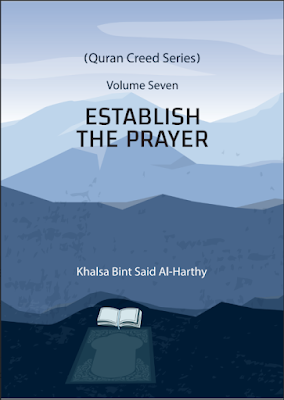In a world that is increasingly hostile towards religious
minorities, this paper tries to set a modern-day, successful example of
multi-religious coexistence and interfaith dialogue. The paper examines
historical examples derived from Omani history and explores Omani
characteristics by surveying Western reports written by missionaries, visitors,
and travellers of different religions in Oman. This is meant to demonstrate the
hypothesis that the multi-religious coexistence and interfaith dialogue enjoyed
today by the nearly four-million Omani population is a natural result of a long
history of commitment to ‘Omani values’ and principles, practised by Oman’s Ibāḍī population with their
fellow nonMuslims. The paper concludes that there is a strong correlation
between the ‘Omani values’ recorded by the Western writers and the ongoing
deeply rooted Omani experience of peaceful religious coexistence and interfaith
dialogue. These ‘Omani values’ include the principles of tolerance, social
justice, mutual respect, friendliness, hospitality, and simplicity. Finally,
owing to the increasingly rising tensions between adherents of different
religions, the paper recommends that such successful Omani experiences should
be exported to other countries in the Muslim world and elsewhere.
Maawali, Al Muatasim. 2021. “The Omani Experience of Multi-Religious
Coexistence and Dialogue: A Historical Approach to the Omani Principles and Its
Luminous Examples ”. Journal of Islamic Thought and Civilization 11
(1), 59-78. https://doi.org/10.32350/jitc.111.04.



